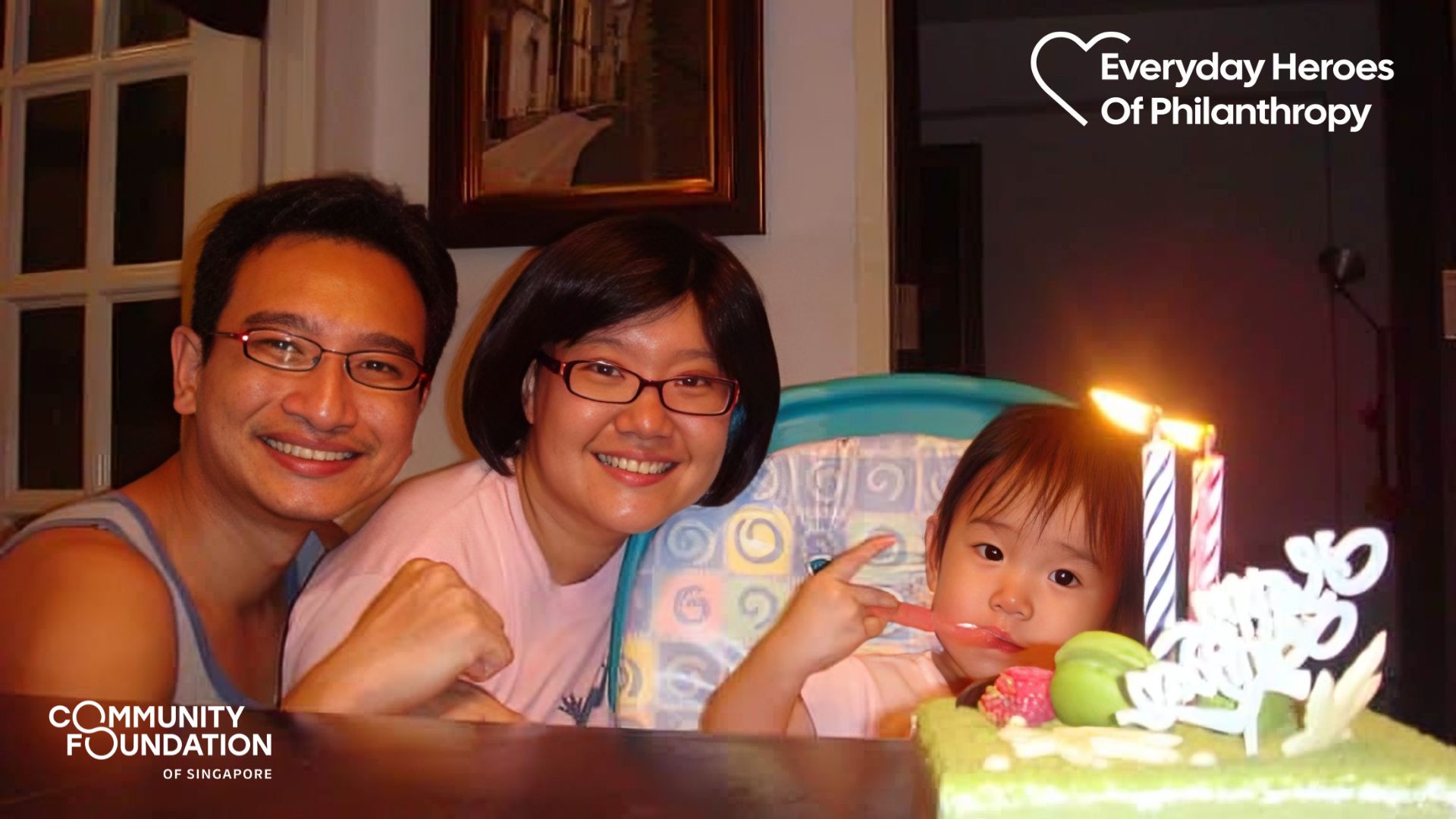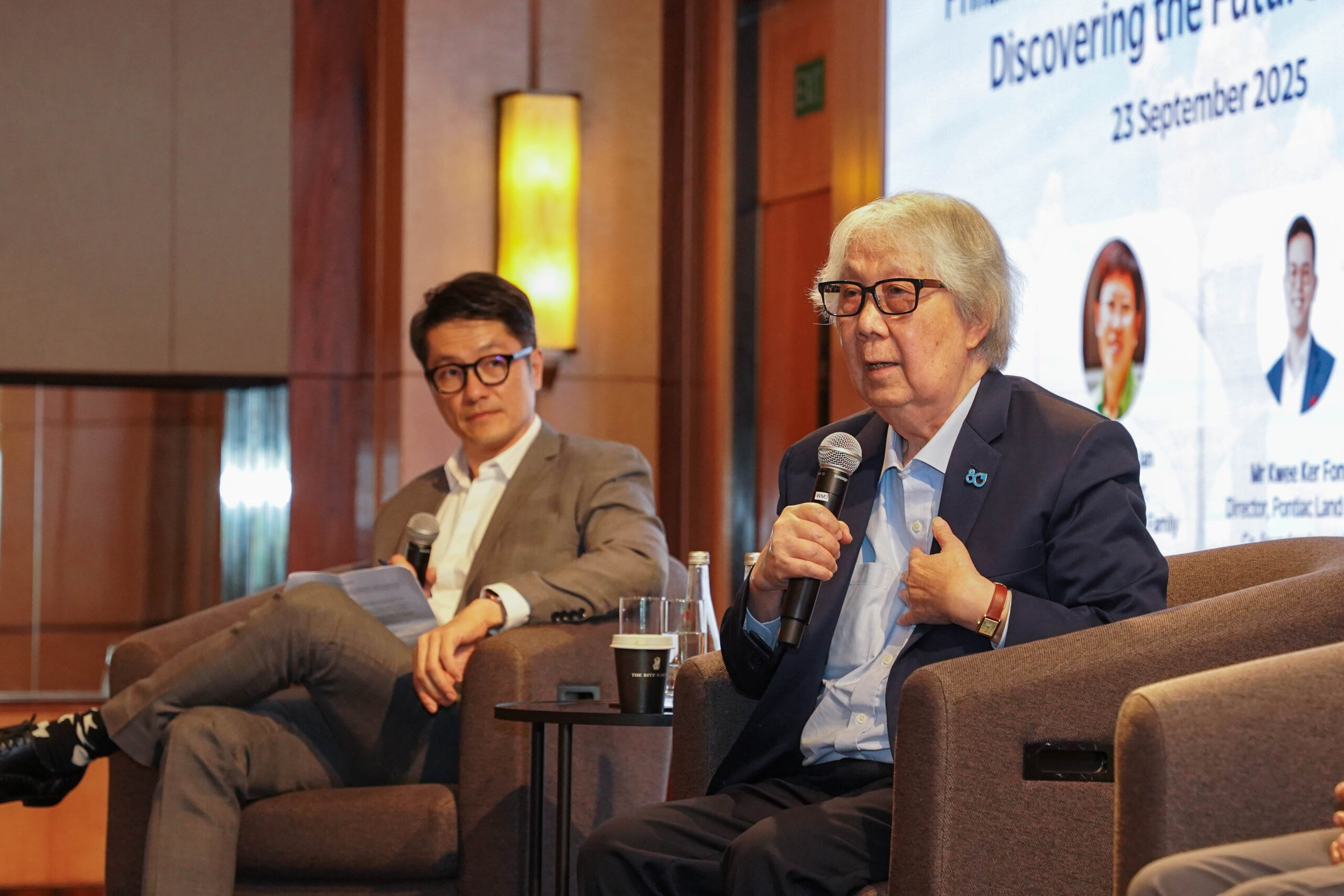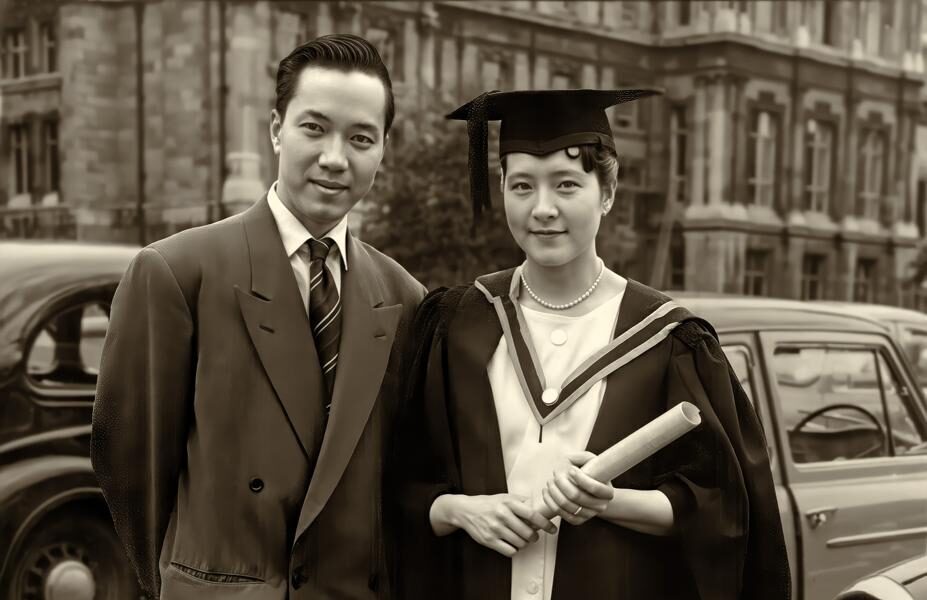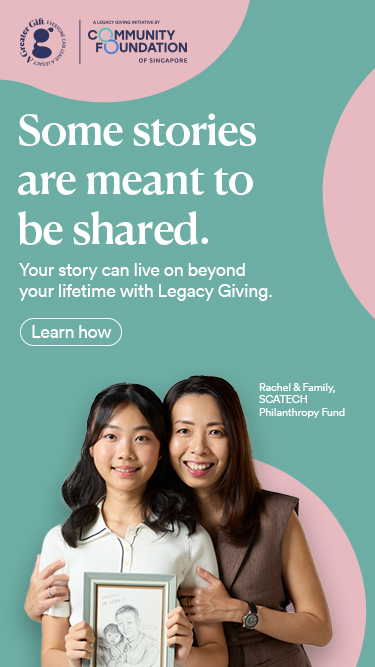Stories Of Impact
Migrants Emergency Assistance and Support (MEANS) Community Impact Fund – Helping migrant worker in need

John Doe
August 9, 2016
Aug 9, 2016
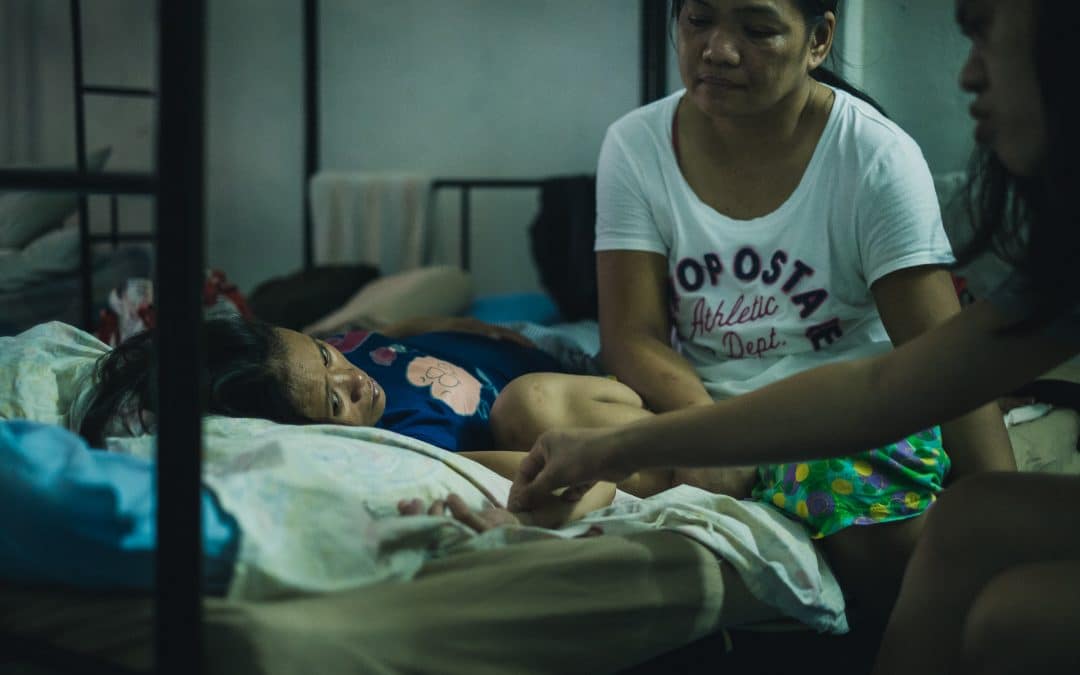
The MEANS (Migrants Emergency Assistance and Support) Community Impact Fund helps migrant workers who are legally employed in Singapore under R passes, work permits or special passes. It provides immediate and short-term financial assistance to disadvantaged migrant workers by covering:
- Medical care to ill or injured workers who are abandoned, abused, under threat or under fed by their employers or whose medical care is not covered by their employers.
- Shelter and basic necessities to injured workers or those seeking redress against unfair employment practices such as violence at work or contract violation.
- Transport cost for workers who need to go to the various authorities (like Ministry of Manpower or the police) to resolve their cases regarding unfair employment practices as well as workers seeking employment while assisting in investigations.
Photo: Tom White Photography
The MEANS (Migrants Emergency Assistance and Support) Community Impact Fund helps migrant workers who are legally employed in Singapore under R passes, work permits or special passes. It provides immediate and short-term financial assistance to disadvantaged migrant workers by covering:
Photo: Tom White Photography
- Medical care to ill or injured workers who are abandoned, abused, under threat or under fed by their employers or whose medical care is not covered by their employers.
- Shelter and basic necessities to injured workers or those seeking redress against unfair employment practices such as violence at work or contract violation.
- Transport cost for workers who need to go to the various authorities (like Ministry of Manpower or the police) to resolve their cases regarding unfair employment practices as well as workers seeking employment while assisting in investigations.
- Related Topics For You: CHARITY STORIES, COMMUNITY IMPACT FUND, DONOR STORIES, INCLUSIVITY & INTEGRATION, MIGRANTS EMERGENCY ASSISTANCE AND SUPPORT, STORIES OF IMPACT
